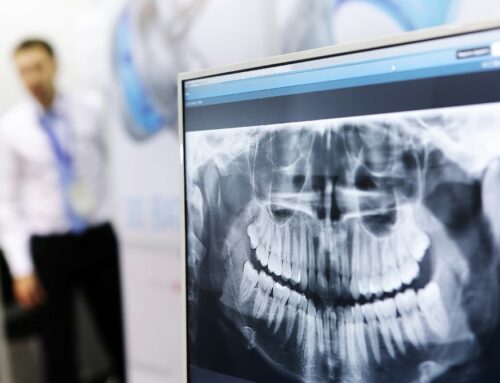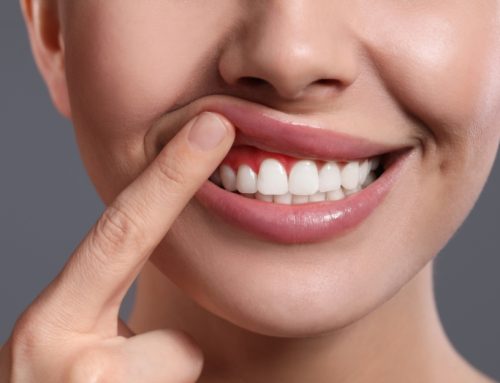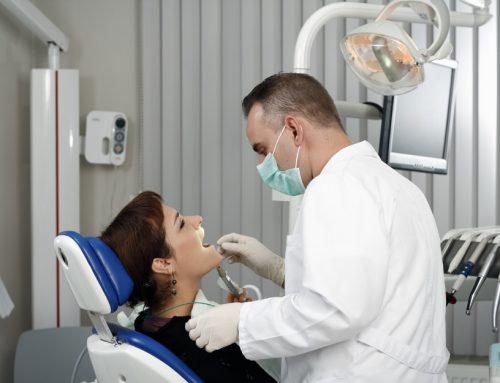Getting into a routine with your nighttime dental hygiene practices is the best way to help prevent dental issues and easily maintain a great, natural smile.
We all would like to have that perfect, dream smile with natural white teeth and flawless alignment, and modern day cosmetic dentistry techniques have allowed that to become a reality.
What’s equally important when it comes to your dental health and hygiene, however, is maintaining the smile you’ve worked hard to achieve.
Establishing a habit of regularly brushing, flossing, and rinsing your teeth the right way before bed is the key to maintaining that smile in the long term.
How To Brush Your Teeth The Right Way
Hopefully, we all know already that brushing your teeth every night before bed is a must.
However, not all brushing sessions are created equally, and unfortunately public awareness of the most effective brushing techniques is not as good as it could be.
A thorough teeth brushing session should last at least 2 minutes.
That might not sound like very long, and you are probably thinking that you do that already. But try timing yourself next time you brush your teeth. You might be surprised at how long you actually brush for.
So why should you brush your teeth for 2 minutes?
2 minutes is the amount of time most dentists agree it would take you to effectively brush all areas of your teeth equally.
While you are timing yourself, remember to make sure you are reaching all of your teeth, on all sides, with your brush.
Pay particular attention to your back molars and wisdom teeth, which can often get neglected during the brushing process.
Another area that is often forgotten about during brushing is the inside surface of your teeth. Check that you are brushing behind your front teeth and on the inside edges of your other teeth, right down to the gumline.
Speaking about the gumline, check your technique on the outer edge of your teeth too. Removing food and bacteria from close to the gumline is one of the most important parts of brushing your teeth.
Make sure that you start with the brush at the gumline and gently brush upwards away from the gums. This is the best way to remove bacteria and food from close to the gums where it could otherwise build up and cause gingivitis and other gum problems.
Finally, make sure that you are using the right amount of pressure and that the brush you are using is not too soft or firm in the bristles.
Brushing too hard can impact your gums and doing so on a consistent basis can eventually lead to receding gums.
Why Flossing Is Important

Brushing is helpful in maintaining great oral health and hygiene, but your brush can only ever reach three surfaces of your teeth – the top, the inside and the outside.
That means that the other two edges of your teeth are being left completely untouched, allowing bacteria to build up and contribute to long term dental health issues.
Flossing is the key to preventing that and to helping you reach those two remaining surfaces of your teeth that otherwise would be left untouched.
The Last Step – Mouthwash
As a final step in your nighttime dental hygiene routine, a thorough rinse with a good mouthwash can help to kill any remaining bacteria in the rest of the mouth where brushing could not reach.
Your tongue, cheeks, and roof of your mouth for example are an equally popular place for bacteria to accumulate, and brushing and flossing alone are not going to solve that problem.
Using an antibacterial mouthwash after brushing and flossing each night is a simple, quick way to address those remaining bacteria and leave your mouth perfectly fresh and clean before bed.






